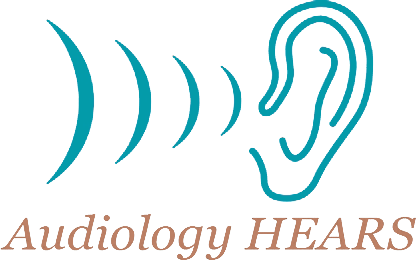Good nutrition is essential for our overall health, but did you know it also plays an important role in maintaining good hearing? Many people are unaware that the foods they eat can impact their hearing health. By understanding the connection between nutrition and hearing loss, you can take steps to protect your ears and enjoy better hearing for years to come.
The Link Between Nutrition and Hearing Health
The relationship between what we eat and how well we hear is substantial. Several nutrients are known to support ear health and protect against hearing loss. When our diets lack these vital nutrients, the risk of developing hearing problems increases. On the other hand, a balanced diet rich in essential vitamins and minerals can help reduce the risk of hearing impairment.
Key Nutrients for Protecting Your Hearing
Focusing on specific nutrients can make a significant difference in maintaining good hearing. Including the following vitamins and minerals in your diet can help protect your ears from damage and prevent hearing loss.
Antioxidants and Vitamins
Antioxidants are compounds that protect your cells from damage. They are known to benefit overall health, including hearing health. Vitamins such as A, C, and E are powerful antioxidants that help reduce oxidative stress in the inner ear.
Vitamin A
Vitamin A is vital for maintaining healthy inner ear cells. Foods rich in vitamin A, such as carrots, sweet potatoes, and spinach, can help preserve your hearing.
Vitamin C
Vitamin C helps combat free radicals that can damage inner ear hair cells. Citrus fruits, strawberries, and bell peppers are excellent sources of this nutrient.
Vitamin E
Vitamin E improves blood circulation, including in the inner ear, reducing the risk of hearing loss. You can find vitamin E in nuts, seeds, and green leafy vegetables.
Minerals
Minerals such as magnesium, zinc, potassium, and folate are equally important in supporting hearing health.
Magnesium
Magnesium helps protect against noise-induced hearing loss by ensuring proper blood flow to the inner ear. Foods like spinach, bananas, and almonds can provide the magnesium your ears need.
Zinc
Zinc supports the immune system and can help prevent ear infections that may lead to hearing loss. Oysters, beef, and pumpkin seeds are rich sources of zinc.
Potassium
Potassium is essential for regulating inner ear fluid levels. Bananas, oranges, and potatoes are high in potassium and should be included in your diet.
Folate
Folate helps maintain good circulation, which is vital for hearing health. Adding foods like avocados, leafy greens, and beans can ensure you get enough folate.
The Importance of Hydration
Staying hydrated is another essential aspect of maintaining good hearing. Water helps regulate body functions and ensures that nutrients reach the inner ear. Drinking plenty of water throughout the day can support overall ear health and prevent hearing loss.
Practical Steps to Improve Your Hearing Health
There are several practical steps you can take to protect your hearing through nutrition:
- Eat a Balanced Diet: Make sure your diet is rich in fruits, vegetables, whole grains, and lean proteins.
- Include Key Nutrients: Focus on incorporating foods high in antioxidants, vitamins, and minerals.
- Stay Hydrated: Drink plenty of water to keep your body and ears well-hydrated.
- Avoid Harmful Foods: Limit your intake of high-sodium, sugary, and unhealthy fatty foods.
By taking these steps, you can support your ear health and reduce the risk of hearing loss.
